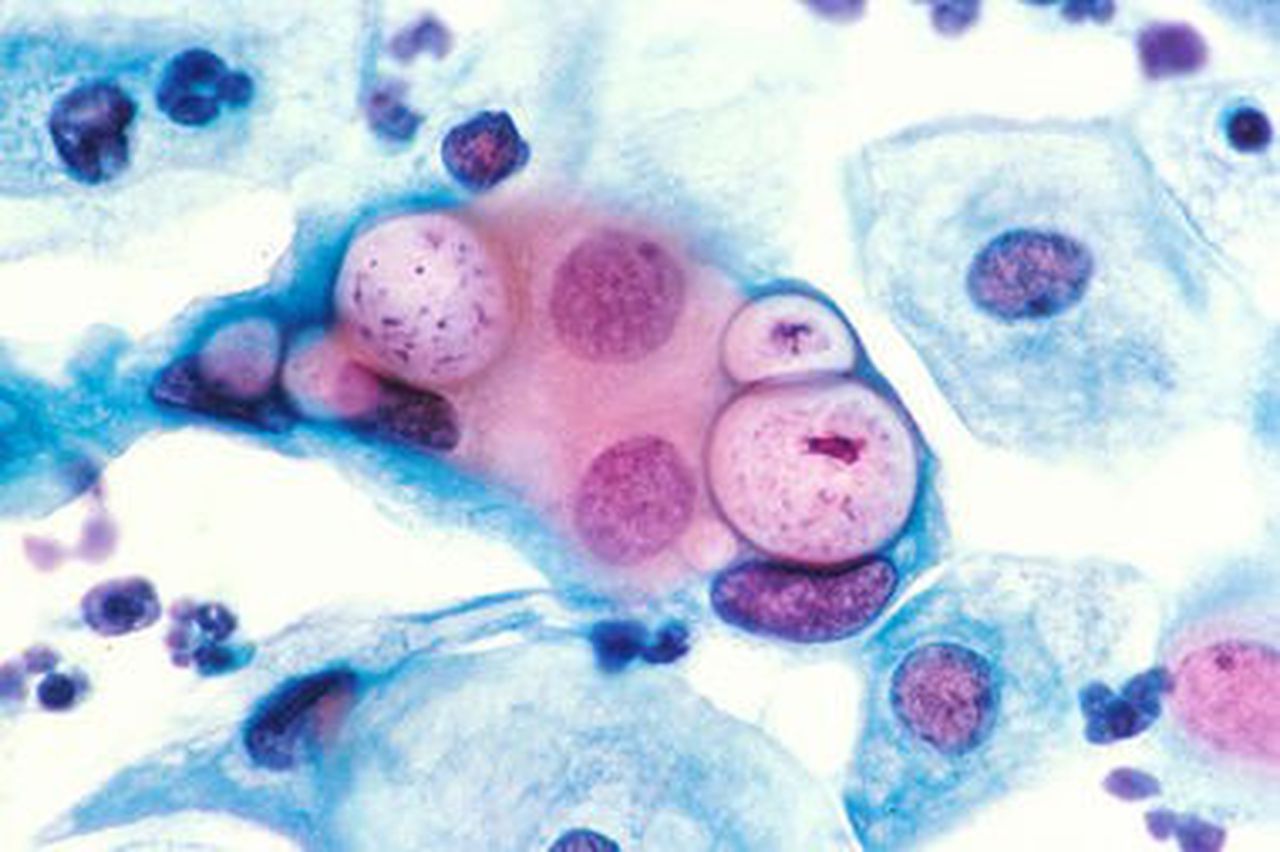Sex Question Friday: Do STDs Affect Women’s Ability To Reach Orgasm?
June 29, 2012 by Justin Lehmiller
Every Friday on the blog, I answer people’s questions about sex, love, and relationships. This week’s question comes from a college student who wanted to know whether having a sexually transmitted disease (STD) can interfere with a woman’s sexual pleasure.
If you happen to contract an STD, is it more difficult to induce a female orgasm?
This is a great question, and the short answer is yes. The long answer is that there are both physical and psychological reasons why STDs might affect female orgasm. Let’s cover physical causes first. One of the most well-known factors that affects women’s ability to climax during sex is dyspareunia [1]. This is a clinical term that refers to any type of genital pain experienced during sexual activity. When sex is painful, it is likely to be attempted less frequently and for shorter durations. In severe cases, sex may be avoided entirely. Many factors can cause female dyspareunia, including endometriosis, tumors, cysts, and STDs. The STDs most likely to contribute to painful sex are chlamydia and gonorrhea. If a woman has one of these infections and is not treated for it, she may develop pelvic inflammatory disease (PID). This occurs when the initial infection spreads from the vagina or cervix to other reproductive organs, such as the uterus and fallopian tubes. This occurs far more commonly than it should because chlamydia and gonorrhea infections often produce few or no early symptoms in women, which means that many women simply do not know they have an STD until the infection has advanced considerably. If you are a woman who is experiencing pain during intercourse, it is advisable to see a physician to determine the exact cause. This is important not only for improving your sex life and potentially restoring ability to orgasm, but also because if PID is the cause, it can result in infertility if left untreated for too long.
With regard to psychological factors, having an STD can evoke a number of emotional responses that may interfere with both sexual arousal and orgasm. Sexual scientists have known for a long time that negative emotions and feelings are strongly related to sexual problems [2], and STDs are just one of many factors that can negatively affect one’s mood state. For instance, a woman with herpes or HPV may experience a loss of sexual pleasure because she is afraid of or distracted by the thought of passing the infection along to her partner. Likewise, emotions that frequently accompany being diagnosed with an STD are guilt, shame, and embarrassment, which may not only lead one to shy away from sexual activity, but also to enjoy it less. Some people may also be so fearful of contracting STDs that they have a hard time relaxing and getting into the moment during sexual activity.
Thus, STDs can reduce a woman’s ability to reach orgasm both biologically and psychologically. Although this article focused primarily on how STDs affect women, similar effects sometimes occur in men and can create sexual difficulties for them as well.
For previous editions of Sex Question Friday, click here. To send in a question for a future edition, click here.
Want to learn more about Sex and Psychology? Click here for previous articles or follow the blog on Facebook (facebook.com/psychologyofsex), Twitter (@JustinLehmiller), or Reddit (reddit.com/r/psychologyofsex) to receive updates.
[1] Butcher, J. (1999). Female sexual problems II: Sexual pain and sexual fears. British Medical Journal, 318, 110-112.
[2] Nobre, P. J., & Pinto-Gouveia, J. (2006). Emotions during sexual activity: Differences between sexually functional and dysfunctional men and women. Archives of Sexual Behavior, 35, 491-499.
Image Source: Wikimedia Commons
You Might Also Like:

Dr. Justin Lehmiller
Founder & Owner of Sex and PsychologyDr. Justin Lehmiller is a social psychologist and Research Fellow at The Kinsey Institute. He runs the Sex and Psychology blog and podcast and is author of the popular book Tell Me What You Want. Dr. Lehmiller is an award-winning educator, and a prolific researcher who has published more than 50 academic works.
Read full bio >


